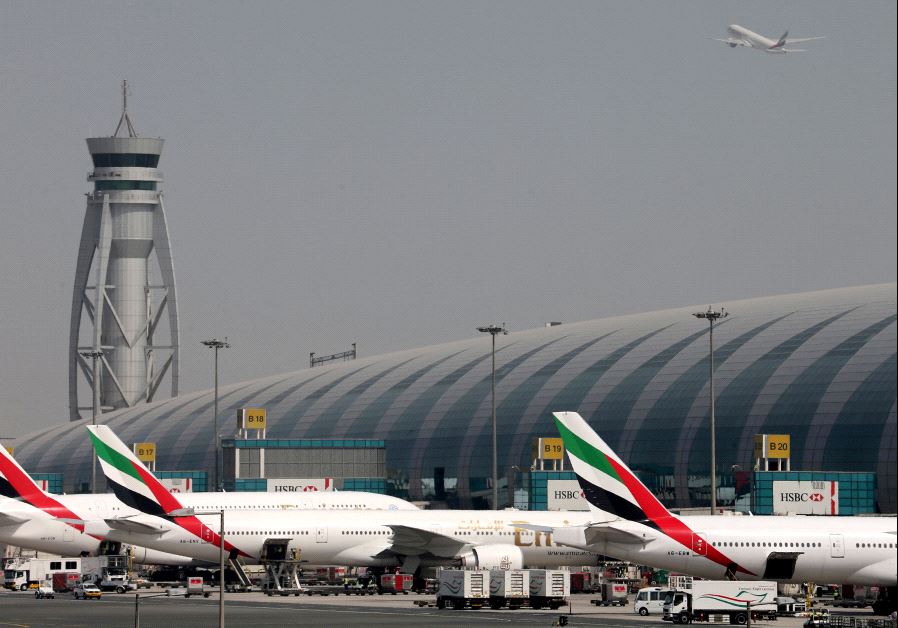Why can’t Gulf countries contain the coronavirus?
Bahrain, with a population of only 1.4 million, has 110 cases, making it one of the countries with the highest per capita rate of coronavirus.
 Emirates Airlines aircrafts are seen at Dubai International Airport, United Arab Emirates May 10, 2016
Emirates Airlines aircrafts are seen at Dubai International Airport, United Arab Emirates May 10, 2016